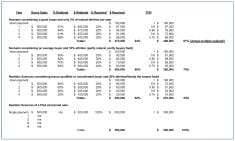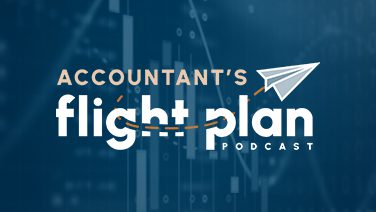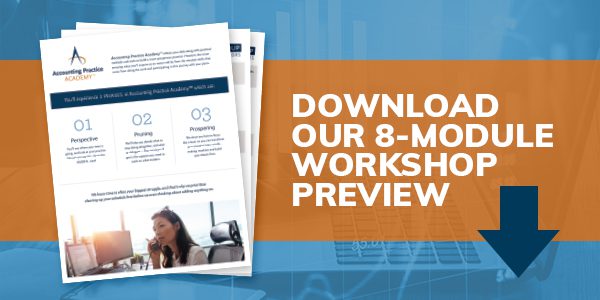“It’s far better to buy a wonderful company at a fair price than a fair company at a wonderful price.”
~ Warren Buffett
And…
“You name the price, I’ll name the terms.”
~ Unknown
Price and terms are an unbreakable pair. You cannot discuss one without the other. That said, it is extremely tempting to put more weight on the price. A lot of accounting practice owners we speak with underestimate the difference terms do make in the sale. In this article, we’ll break down the most important aspects of terms you should be aware of in a sale.
Two Key Aspects of Terms to Consider:
1. Earn-out structures tie sellers to the practice for years while fixed-price terms facilitate a “clean break.”
We (Poe Group Advisors) sell most of our practices for a fixed-price at closing. After all, if our clients wanted to keep working and maintaining responsibility for the results of the practice, then why sell at all?
Many private sales/purchases are completed on what we like to call an “earn-out” basis. “Twenty percent of collections each year for five years.” This is a common way practice owners who sell on their own structure their agreements. This typifies the mindset of many accountants that the buyer takes no risk in the deal and the seller/vendor takes all the risk.
When many accountants say “one times annual gross revenues,” they mean “Twenty percent of collections each year for five years.” At Poe Group Advisors, we think this formula will net the seller FAR less in the end. There is no interest paid, and more importantly, by allowing the buyer to take too little financial stake in keeping clients, clients will be lost, not to mention the normal loss from natural attrition.
At Poe Group Advisors, we often sell accounting practices for all cash or cash equivalent with NO risk to the seller for client retention. I say often because it will depend on particular market conditions. In fact, about half of our transactions last year in all of North America were 100 percent cash at closing. Approximately 90 percent of our transactions were completely fixed!
Regarding sale structure, we like to think of risk of client retention in terms of a continuum. On one end of the continuum (a structure based purely on an earn-out), all risk is on the seller. On the other end of the continuum (100 percent cash at closing), all risk is on the buyer. In most cases, the risk should be on the buyer. Why? The buyer has the most control over client service and, therefore, the most control over whether or not clients will stay with the practice. There are many solutions that offer the buyer some comfort while ensuring that the seller is not taking all the risk. There are many reasons that this is achievable.
Price and terms are a function of supply and demand – as well as a function of how confident buyers are with the handling of transition. Proper transition strategies and tactics based on prior deal experience have a major positive impact on client retention results. The bottom line is…if you own a profitable practice in a desirable area, you should expect to receive a fixed-price at closing and you do not need to work for a long period of time to transition the practice.
Related: Why Successful Accounting Practices Sell for Cash
2. Earn-out deals will net the seller FAR less.
Here is an example to show a comparison of the two structures with the following assumptions:
- Selling price is “100 percent of gross fees” paid out over four years with an initial down payment of 20 percent.
- Time Value of Money is five percent per year.

Other Very Important Considerations:
- Earn-outs must be accounted for through an annual questioning/audit of the yearly calculations.
- The structure of the sale significantly impacts the roles of buyer and seller after the sale.
Interested in buying an accounting firm? Visit our accounting practices for sale page for more information.







